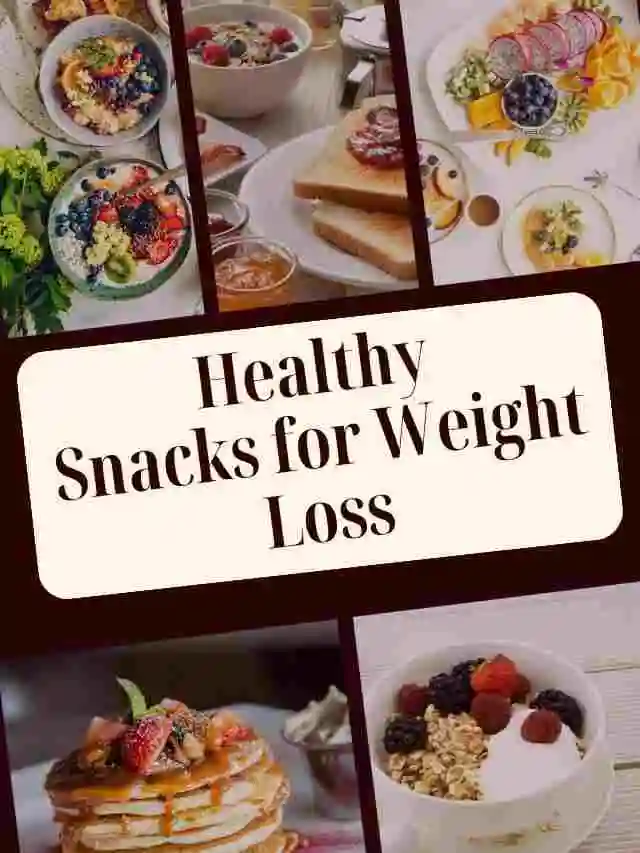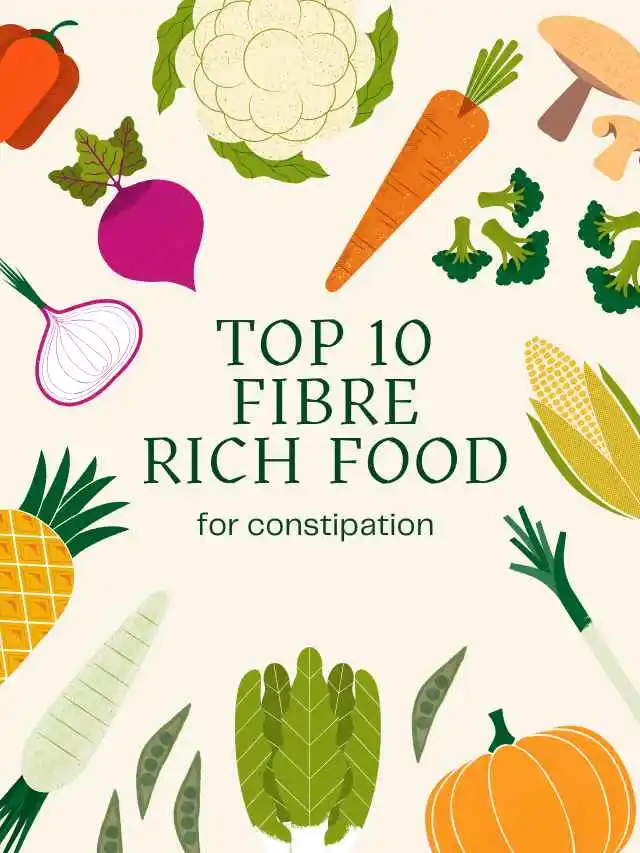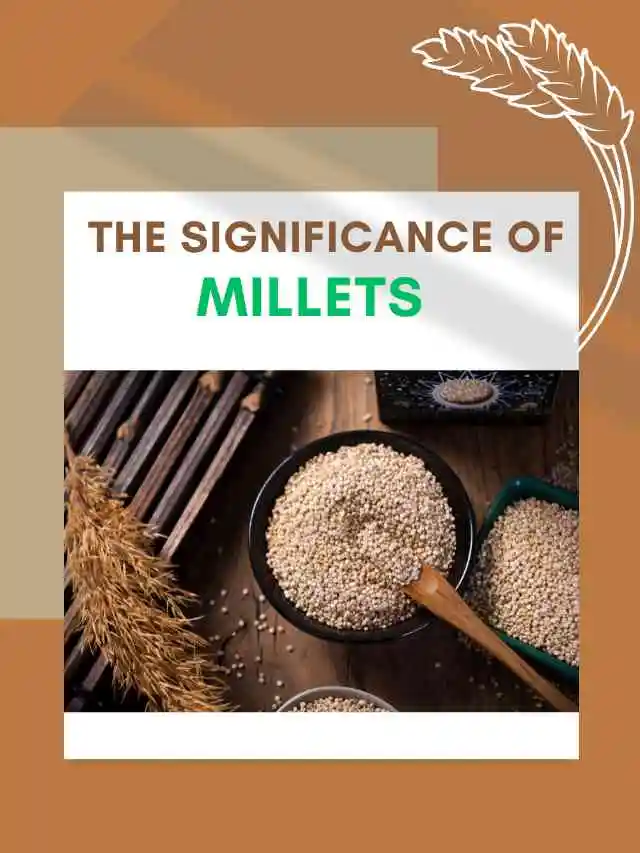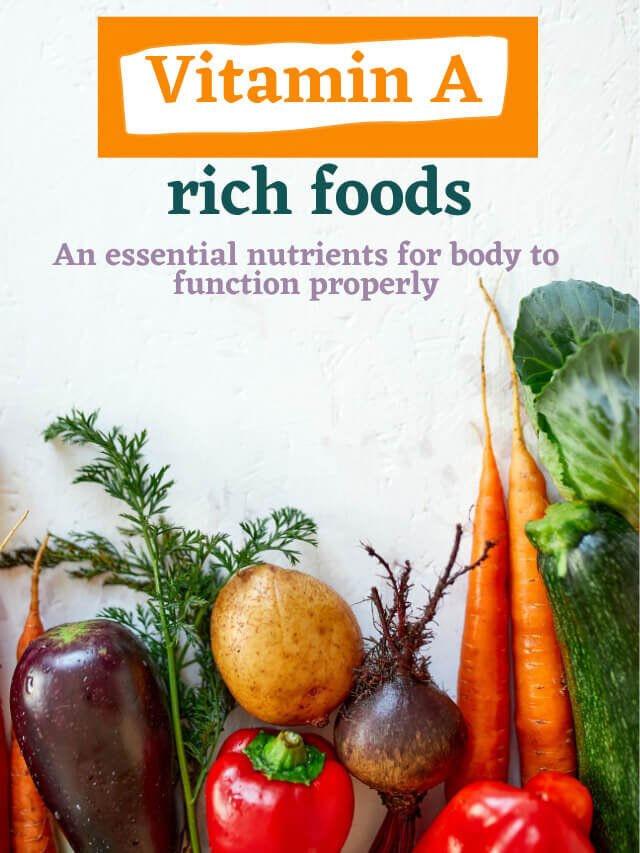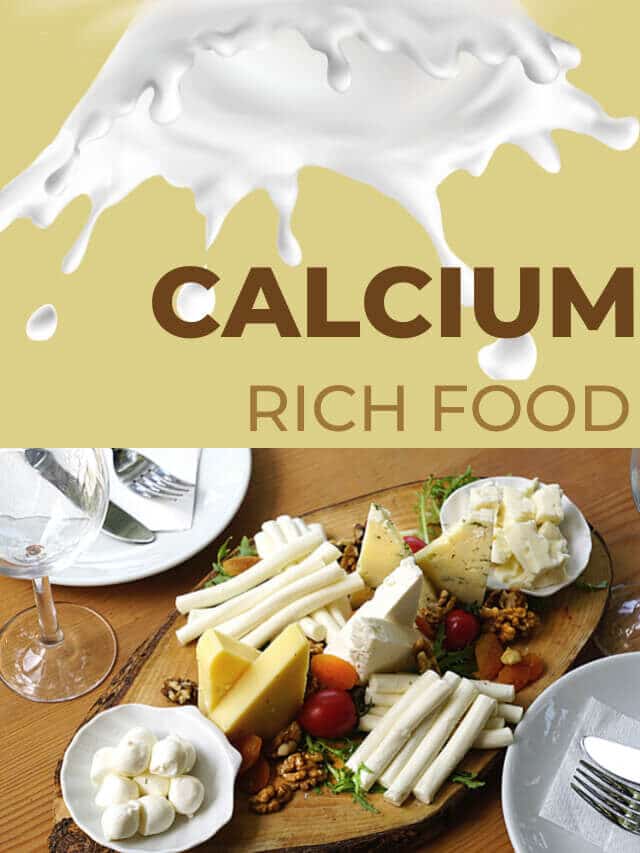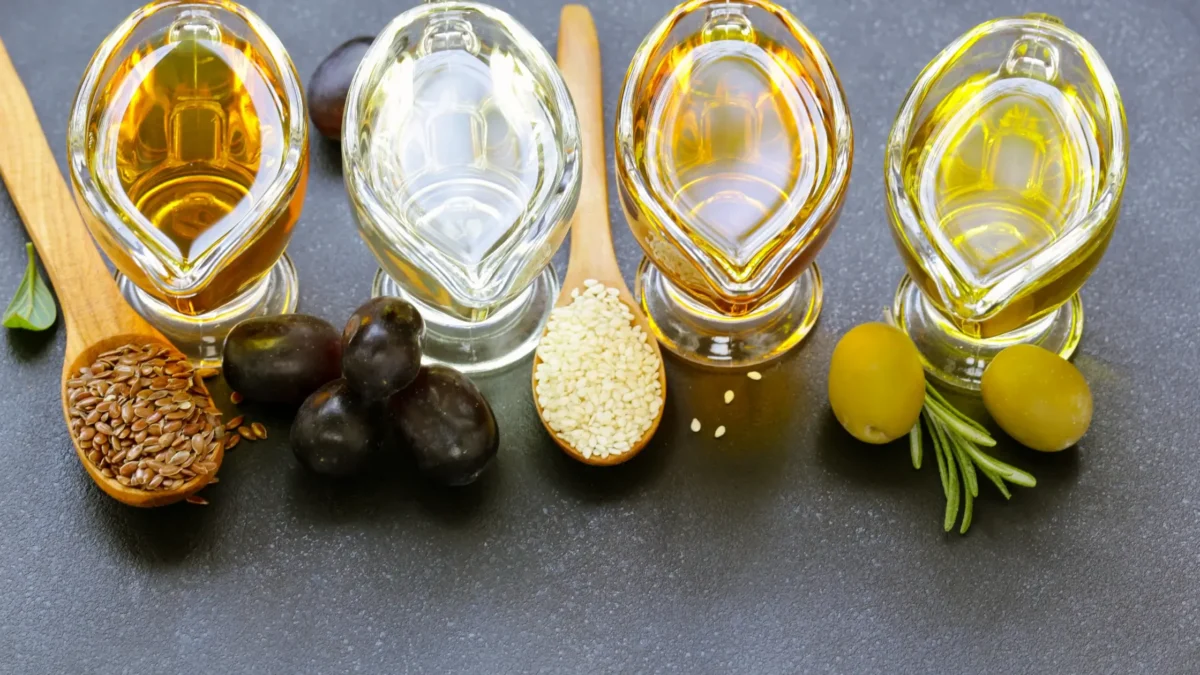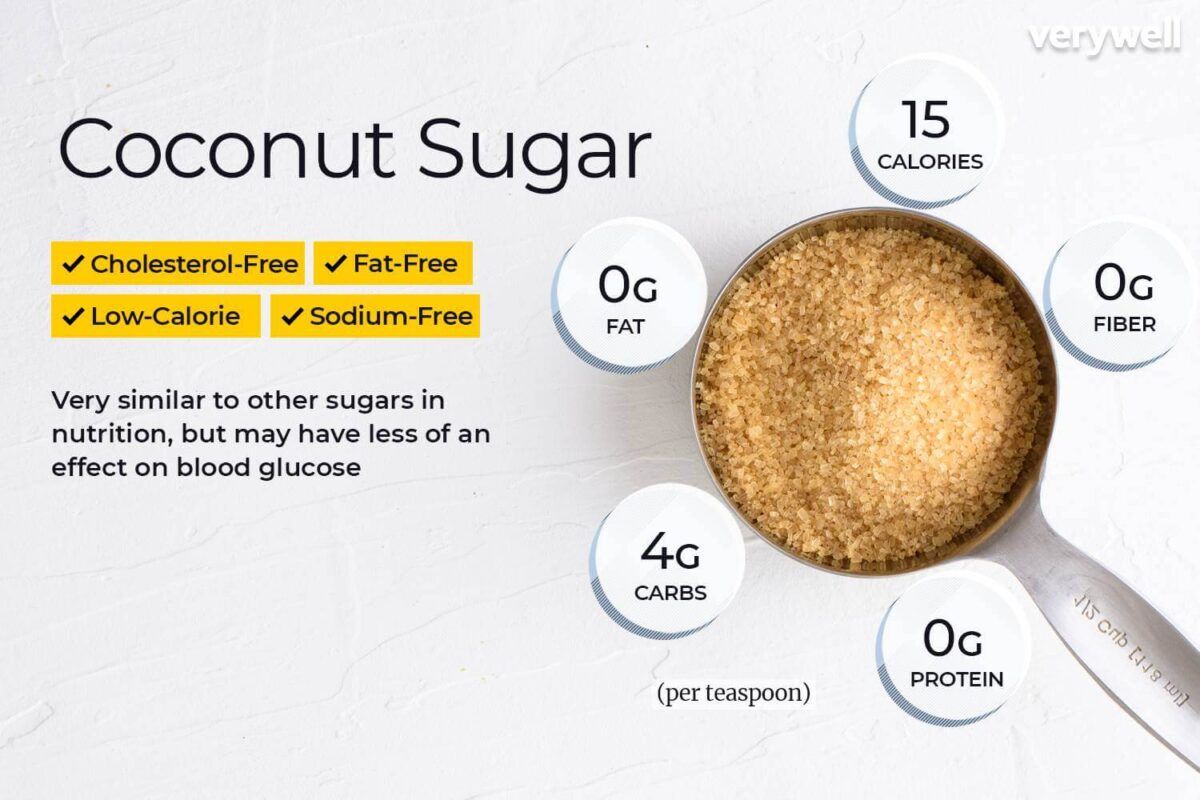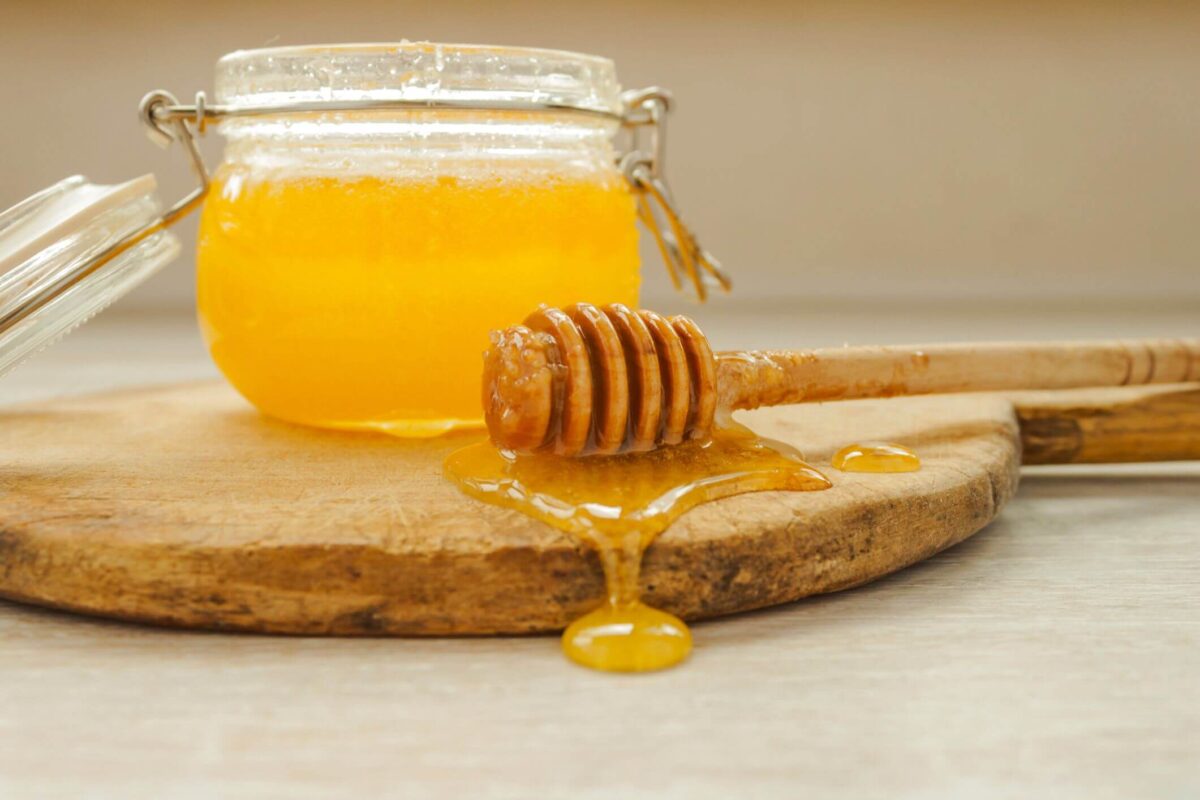Nutrients are essential for a well-balanced eating regimen, taking on the responsibility of constructing and restoring muscle, keeping up solid bones, and supporting general well-being. While proteins from animal sources have been the conventional source of proteins for a long time, proteins from plant sources are becoming increasingly popular, particularly among those who are vegetarian or vegan. In this guide, we will investigate the universe of high-protein vegetables and how to incorporate these nourishments into your diet to get the most out of your plant-based proteins.
Table of Contents
Understanding Plant-Based Protein
Plant-based proteins, which are proteins sourced from plants, for example, beans, lentils, tofu, and nuts, are a significant substitute for vegetarians and vegans who don’t consume animal-based proteins. In comparison to animal-based proteins, plant-based proteins are generally less in certain essential amino acids. Nevertheless, combining various plant-based proteins during a meal can provide all the essential amino acids your body requires.
Top High-Protein Vegetables
high protein vegetables are plentiful and include lentils, chickpeas, spinach, and green peas. A single cup of cooked lentils contains 18 grams of protein, while chickpeas have roughly 15 gms per cup. Moreover, cooked spinach furnishes around 5 gms of protein in a cup and green peas provide 8 gms per cup. To make these high-protein vegetables a part of your meals, you can add them to salads, stews, soups, or pasta dishes.
High Protein Vegetables: A Guide to Healthy Eating
Are you looking to increase your protein intake but don’t want to rely solely on meat? You might be surprised to know that there are plenty of fruits and vegetables that are high in protein. Here’s a list of some of the best high-protein vegetables you can add to your grocery list for a healthy and balanced diet.
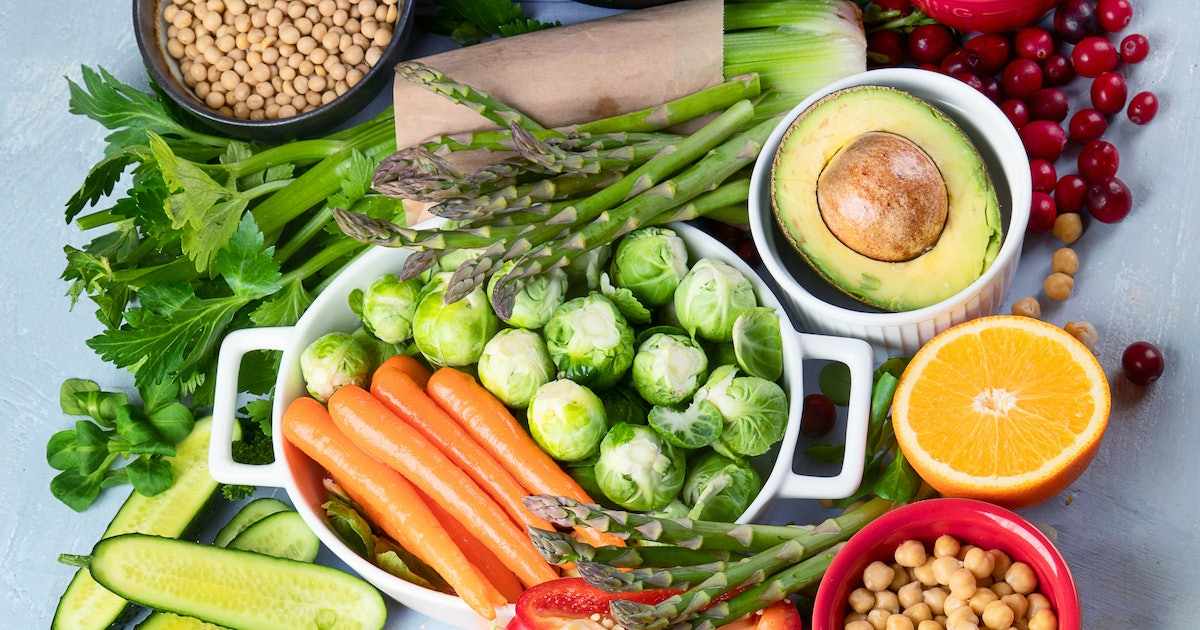
Spinach
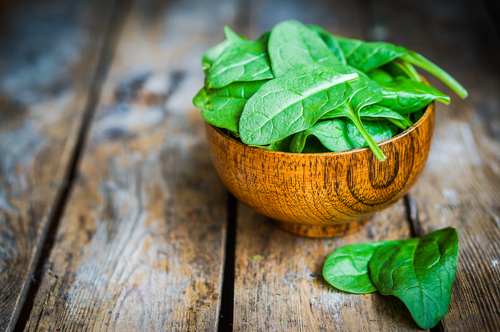
This leafy green is not only low in calories but is also a great source of protein, providing about 5 grams of protein per cup of cooked spinach. It’s also high in vitamins A and C, calcium, & iron, making it a nutritious addition to any meal.
Brussels Sprouts

Brussels sprouts – These mini cabbage-like vegetables are packed with protein, providing about 4 gms per cup. They’re also high in fiber, vitamin C, & vitamin K, making them a healthy addition to any meal.
Broccoli
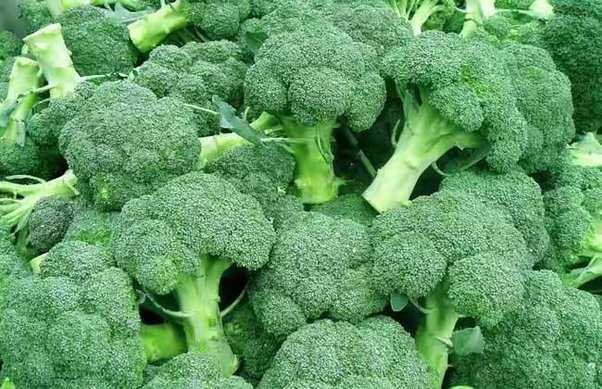
Broccoli is another great source of protein, with 4 gms per cup. It’s also high in fiber, vitamin C, & calcium, and has been linked to a reduced risk of certain cancers.
Asparagus
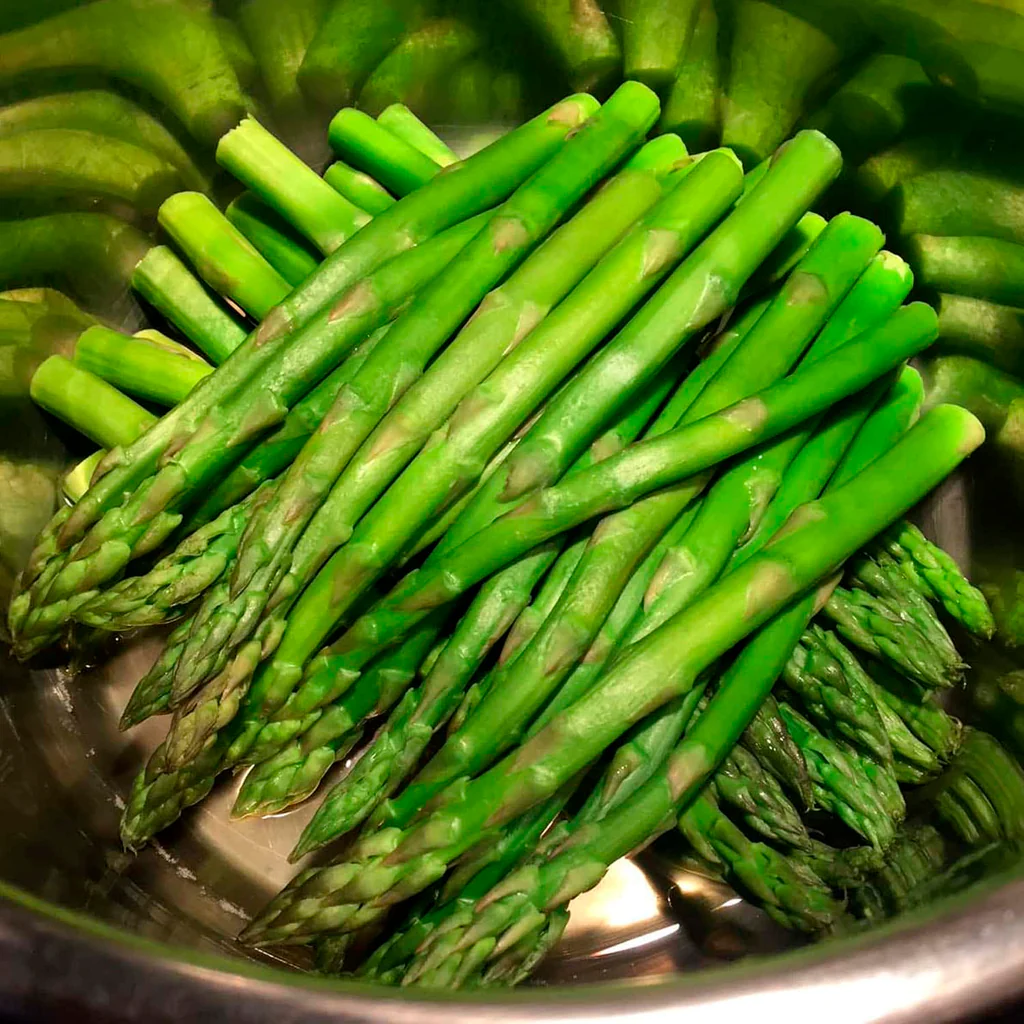
Asparagus is not only a delicious vegetable but also a great source of protein, providing about 4 gms per cup. It’s also high in fiber, potassium & vitamins A and C.
Peas
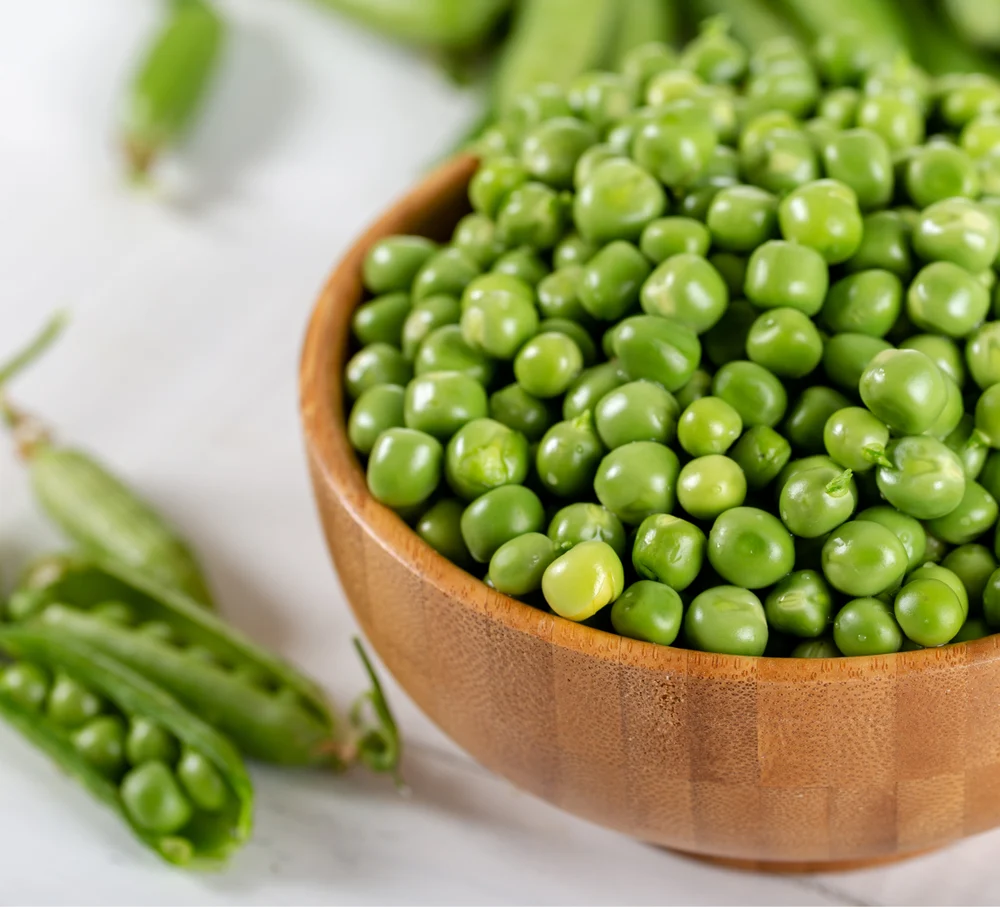
Peas are a great source of protein, with about 9 grams per cup. They’re also high in fiber, iron & vitamin C, making them a healthy addition for those following a vegetarian or vegan diet.
Avocado
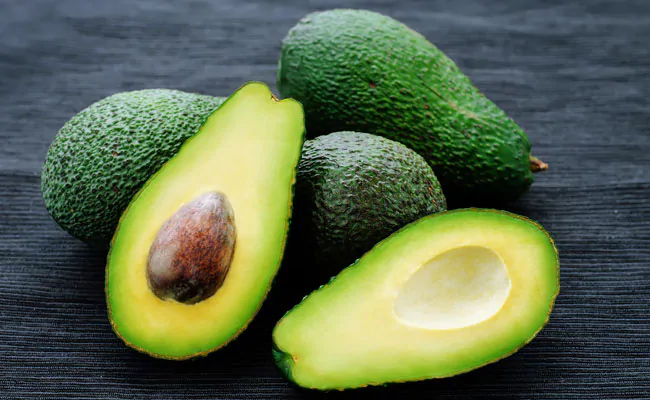
In conclusion, there are many fruits and vegetables that are high in protein & can help you meet your protein needs while still following a healthy and balanced diet. So, consider adding some of these high-protein vegetables to your grocery cart next time you’re at the grocery store!
Vegetarian Protein Sources
In addition to high-protein vegetables, vegetarians have many other options for protein sources such as high-protein and seitan. It is essential to combine different types of vegetarian proteins in one meal to guarantee you get a complete protein. For instance, tofu has all the essential amino acids, albeit it is lower in some essential amino acids compared to other plant-based proteins. Combining tofu with legumes, such as lentils or chickpeas, can provide all of the essential amino acids your body needs.
Vegan foods high in protein
There are many delicious vegan foods that are also high in protein, making it easy for those following a plant-based diet to meet their protein needs. Some of the best options include:
Lentils
With around 18 gms of protein per cooked cup, lentils are a great source of plant-based protein. They’re also rich in fiber & low in fat, making them a healthy addition to any diet.
Chickpeas
Chickpeas are another great source of plant-based protein, with around 15 gms of protein per cooked cup. They’re versatile and can be used in a variety of dishes, such as salads, stews, or roasted as a snack.
Tofu
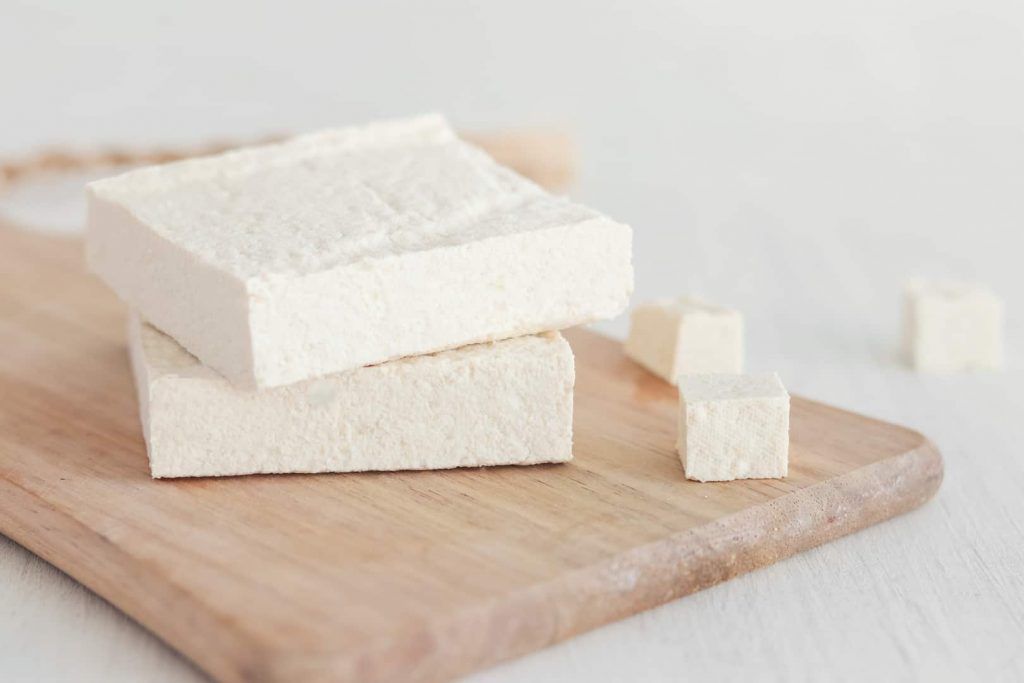
Tofu is a great source of complete protein, containing all of the essential amino acids. It’s also low in calories & fat, making it a healthy option for those looking to manage their weight.
Tempeh

Tempeh is made from fermented soybeans and contains around 15 grams of protein per cooked cup. It has a nutty flavor and is a great alternative to meat in stir-fries, sandwiches, or salads.
Seitan
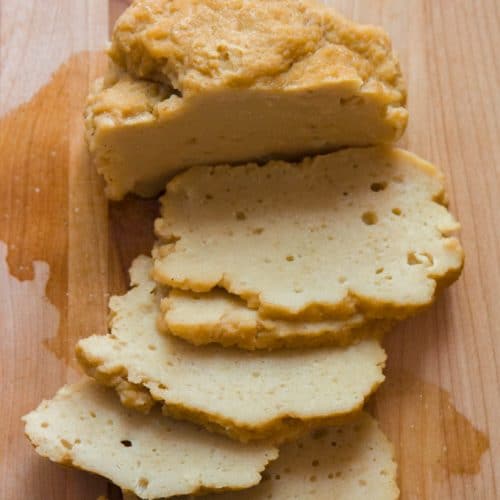
Also known as wheat meat or wheat protein, seitan is made from wheat gluten and contains around 25 gms of protein per cooked cup. It has a chewy texture and is often used as a meat alternative in dishes like stir-fries or stews.
These are just a few of the many vegan foods that are high in protein. By incorporating these foods into your meals and snacks, you can easily meet your protein needs on a vegan diet.
Also Read Gooseberry: Discover the Nutritional Power and Why You Should Add Them to Your Diet
High Protein Low-Calorie Vegetables
If you’re looking to manage your weight, incorporating high-protein vegetables, and low-calorie vegetables into your diet can be a great way to fill up on nutrient-dense foods without consuming a lot of calories. Some of the best options include broccoli, cauliflower, and Brussels sprouts, which are all low in calories but high in protein. Try roasting or grilling these vegetables for a delicious, healthy side dish.
High Protein Vegetarian Diet Plan
In order to meet your daily protein needs on a vegetarian or vegan diet, it’s important to include a variety of plant-based protein sources in your meals. A balanced diet should include a combination of high-protein vegetables, tofu, nuts, and legumes. You can also add high-protein vegetarian supplements, such as vegan protein powders, to your diet to ensure you’re getting enough protein.
In conclusion, incorporating high-protein vegetables into your diet is a simple and delicious way to maximize your plant-based protein intake. Whether you’re a vegan, vegetarian, or just looking to incorporate more plant-based foods into your diet, these nutrient-dense foods are a great choice. So, what are you waiting for? Start incorporating high-protein vegetables into your meals today!

Rupesh Sagvekar is Content writer, Food blogger and owner of Manvik Foods, an online shop in Mumbai, India that specializes in selling high-quality dry fruits, nuts, berries, whole and powdered spices. Under the authority of Manvik Enterprises Organisation, Rupesh and his team believe that quality is of the utmost importance. They take great care to ensure that their products are verified, tested, and of the best possible quality. Rupesh’s goal is to make sure that every customer is satisfied with what they receive from Manvik Foods.
As an Amazon affiliate, Manvik Foods ships their products all over India, allowing customers from all corners of the country to enjoy their delicious and nutritious products. With Rupesh at the helm, Manvik Foods has become known for their commitment to quality, exceptional customer service, and passion for healthy, natural foods.

